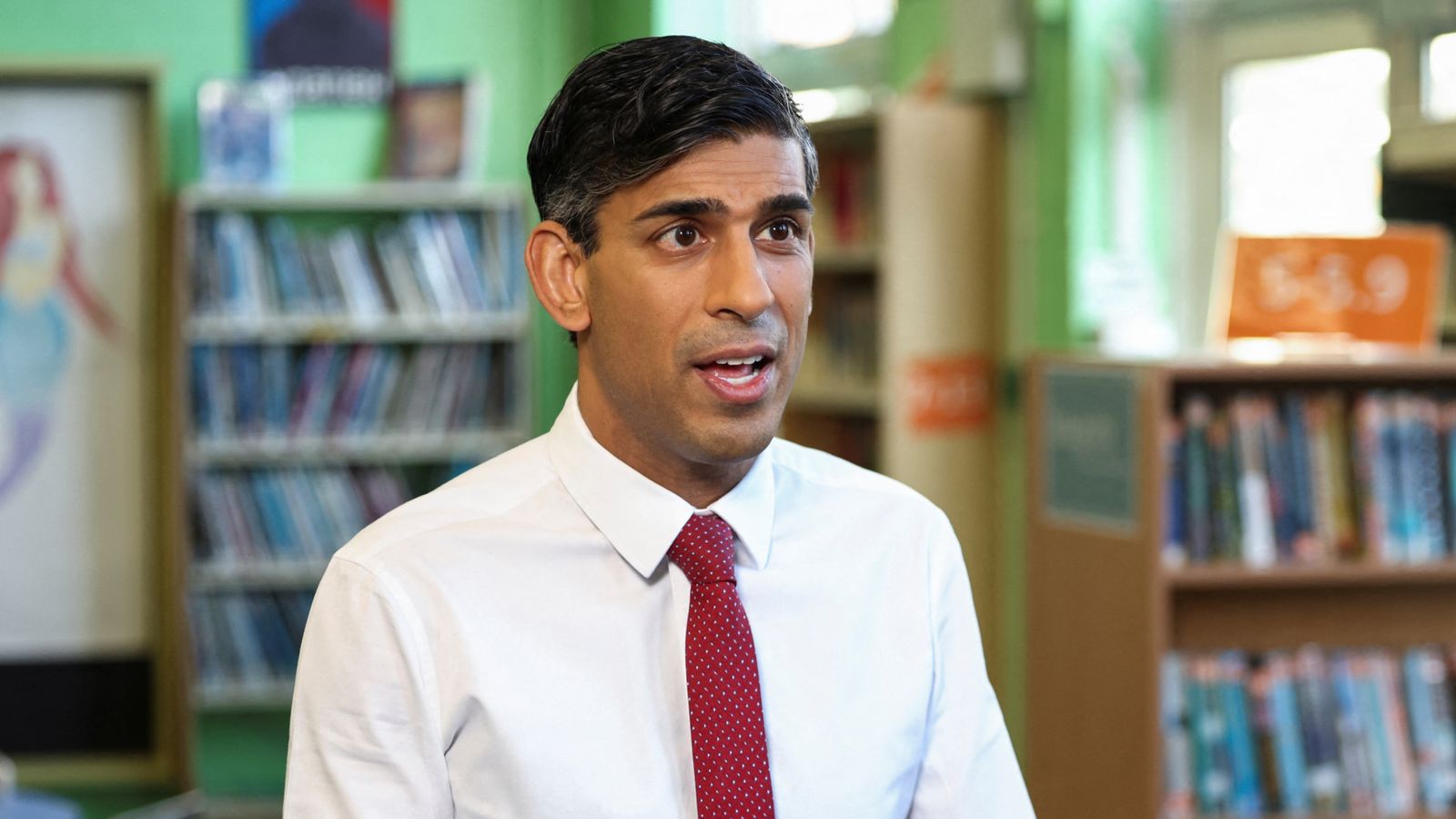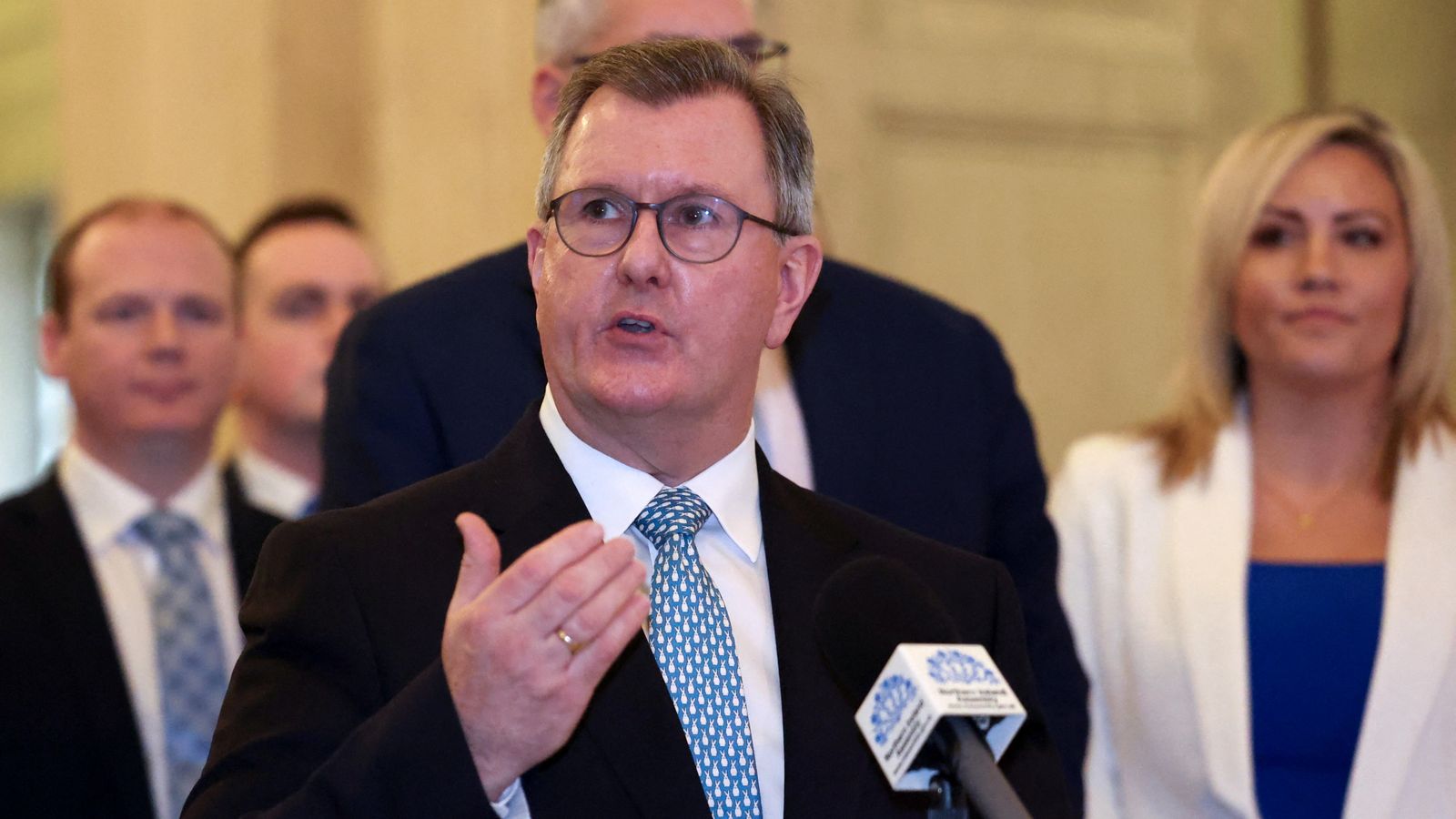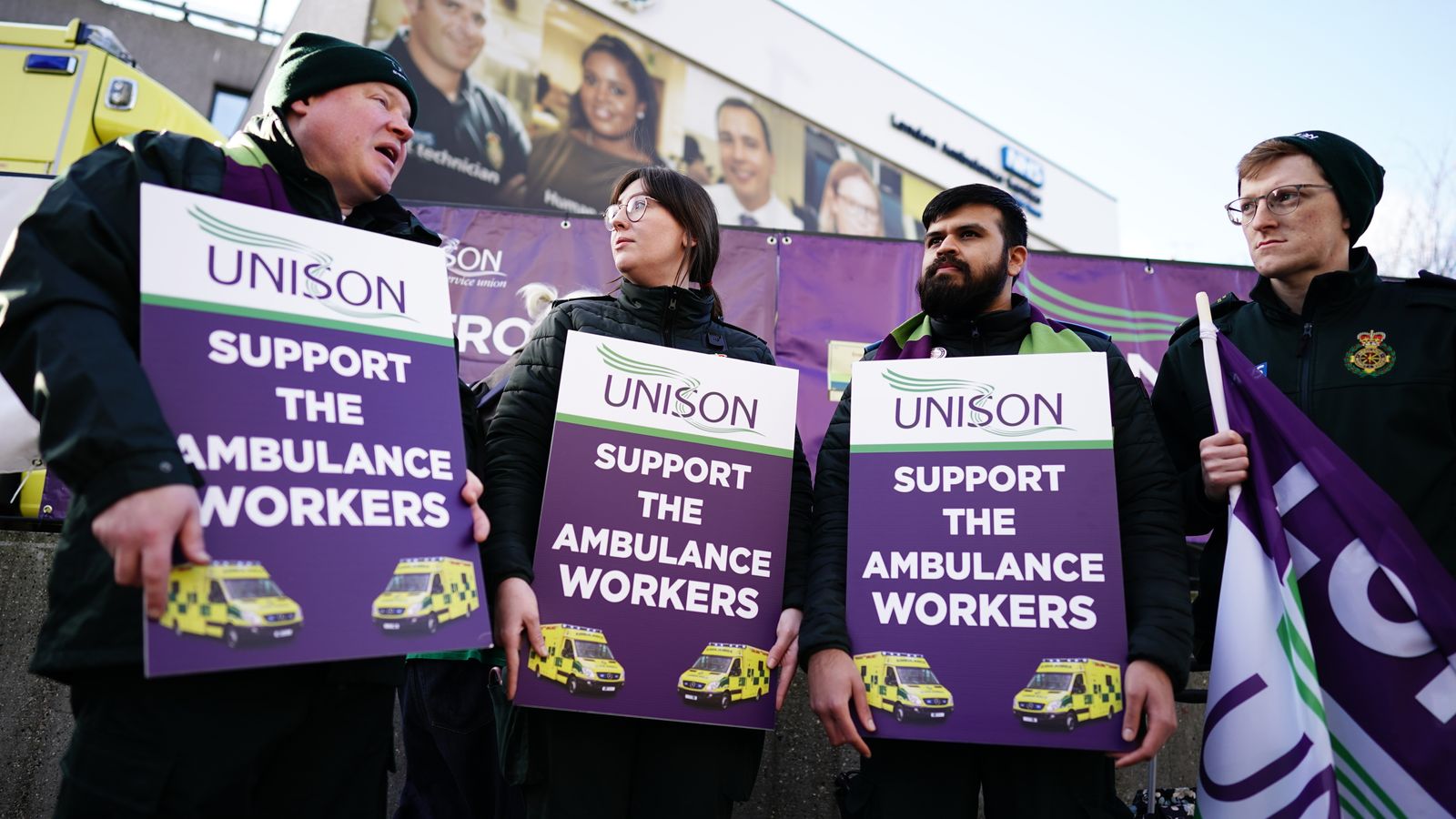Liz Truss is a “danger” to the economy and has “lost control” after the fallout from the government’s mini-budget, Sir Keir Starmer has told Sky News.
Speaking to political editor Beth Rigby, the Labour leader stopped short of calling for the PM and her chancellor, Kwasi Kwarteng, to quit, saying it was a “secondary” issue.
Politics Hub: No mini-budget reversal and chancellor will not resign
“People looking at their bills and worrying today are not interested in who I’m calling for to resign,” he said.
But he said the decisions being taken in Downing Street and the Treasury meant there was “a danger” – and the pair “took a huge risk” with their plans.
“They’re gambling our money… to give tax breaks to the very rich,” added Sir Keir.
Sir Keir, who has just finished his party’s conference in Liverpool, reiterated his demand for the PM to recall parliament – echoing calls from the Liberal Democrats and SNP – and to reverse Friday’s announcements “before any more damage is done”.
Read more:
Ed Conway on the Bank’s extraordinary response
IMF warns UK mini-budget will ‘likely increase inequality’
Govt departments to be asked for ‘efficiency savings’
‘No reversal of policy’
Any decision to return to the Commons lies with the prime minister, who has her own party conference starting in Birmingham on Saturday, and a Treasury source told Sky News there “won’t be any reversal of policy”.
Last week’s announcements from Mr Kwarteng included a raft of tax cuts – such as removing the top 45p rate for people earning over £150,000, lowering the basic rate of income tax by 1p, and cancelling the planned increase to corporation tax.
But there was a backlash from the markets due to the level of government borrowing needed to pay for the plans.
On Tuesday, the IMF said: “The nature of the UK measures will likely increase inequality.”
And on Wednesday, the Bank of England launched a temporary bond-buying programme as an emergency measure to prevent “material risk” to UK financial stability in the wake of the so-called fiscal event.
Bank’s ‘nearly unthinkable’ intervention – economy latest
A number of Tory MPs have been up in arms about the reverberations since the event, telling Sky News political correspondent Ali Fortescue it was “utterly humiliating” and they were “shell shocked” after the Bank’s intervention.
One Conservative said: “I thought Boris’ cabinet was the worst in history. This one’s just beaten it.”
Sir Keir said the issues were “a self-inflicted wound” created in Downing Street and that “never again can the Conservative Party claim to be the party of fiscal responsibility”.
He added: “If the government tries to just walk past this and ignore it, they’re making a huge mistake.”
Sir Keir also said Ms Truss should “maybe” give the extra salary she will have from cutting the 45p income tax for high earners to charity.
As prime minister, Ms Truss earns £164,000, which puts her in the 45p income tax.
Read more:
From civil war to hope: Labour’s mood is lifting
Starmer faces genuine opportunity to reach No 10
‘Fully costed’ commitment
“If it were us, it would never have gone down this road in the first place,” said Sir Keir.
“The idea of unfunded tax cuts for those at the very top inflicting price increases on working people, and anxieties about mortgage and pensions, is something that we would never contemplate as a Labour government.”
Asked if he would consider a wealth tax to fund his own policies, Sir Keir said his team were “looking at what is a fair taxation approach” for those who earn their cash from stocks, shares, and dividends.
“I think there’s a lot of thought that if you earn your income through wages, you pay a certain rate, but if you earn it through stocks and shares and dividends, you pay a different rate,” he said.
“That is something we need to look at.”
He also promised if Labour got into power, it would stick by “very clear fiscal rules” and “every single spending commitment [would be] fully costed”.
And asked if he would be the next PM, Sir Keir said: “Yes.”


